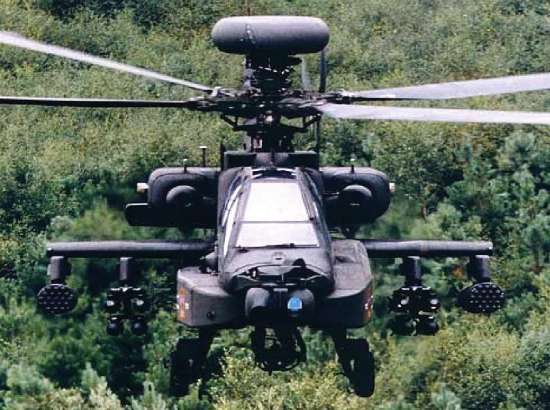There are two key ways to make the job of "scout" more impactful and enjoyable.
The first is to differentiate between the amount of information each frame can have based on equipment choices. Recon specialists, for example, would want a more advanced computer with more detailed targeting data, enemy weak points, infrared capability, radar, directional microphones, spying drones, etc. Such gear should comprise a significant cost in energy management or other equipment constraints so it requires tradeoffs. Such a specialist could also be equipped to relay some advanced info to his squadmates if they are properly linked, whereas more combat-focused classes would be packing simpler, lower maintenance electronics to save power for bigger guns and heavier shields, etc. A simple "recon link" option in the garage would allow your frame to receive recon data from your scout; it also means that if you lose your recon, you're working with limited data. This combination allows for real specialization and real challenges where information is important, whereas if everyone gets the same HUD and people just blast their way through everything, recon means very little.
The second method is much more important to the general lifespan of the game; it is to create an environment where recon is not totally optional all the time. This means having dangers that WILL seriously threaten unaware teams who aren't doing proper recon before going in. It also means tasks which have little or nothing to do with shooting everything in sight and more to do with gathering information and remaining undetected, or at least unscathed. Stealth missions, surgical hacks, scouting troop movements, providing advance warning for bases to come under siege, you name it. For scouts to matter, some information has to be hidden from us; that way there's something for scouts to build for, find and report.
The first is to differentiate between the amount of information each frame can have based on equipment choices. Recon specialists, for example, would want a more advanced computer with more detailed targeting data, enemy weak points, infrared capability, radar, directional microphones, spying drones, etc. Such gear should comprise a significant cost in energy management or other equipment constraints so it requires tradeoffs. Such a specialist could also be equipped to relay some advanced info to his squadmates if they are properly linked, whereas more combat-focused classes would be packing simpler, lower maintenance electronics to save power for bigger guns and heavier shields, etc. A simple "recon link" option in the garage would allow your frame to receive recon data from your scout; it also means that if you lose your recon, you're working with limited data. This combination allows for real specialization and real challenges where information is important, whereas if everyone gets the same HUD and people just blast their way through everything, recon means very little.
The second method is much more important to the general lifespan of the game; it is to create an environment where recon is not totally optional all the time. This means having dangers that WILL seriously threaten unaware teams who aren't doing proper recon before going in. It also means tasks which have little or nothing to do with shooting everything in sight and more to do with gathering information and remaining undetected, or at least unscathed. Stealth missions, surgical hacks, scouting troop movements, providing advance warning for bases to come under siege, you name it. For scouts to matter, some information has to be hidden from us; that way there's something for scouts to build for, find and report.
Likes:
Pandagnome and avalon1k


